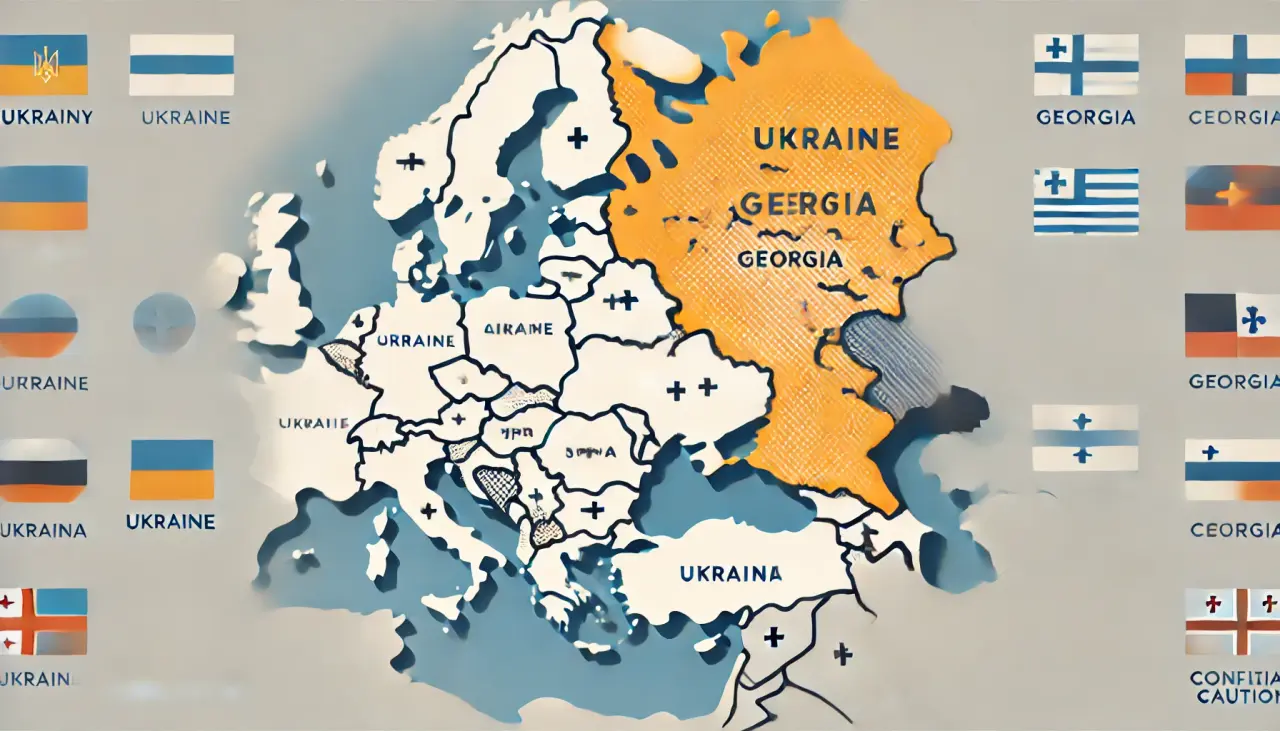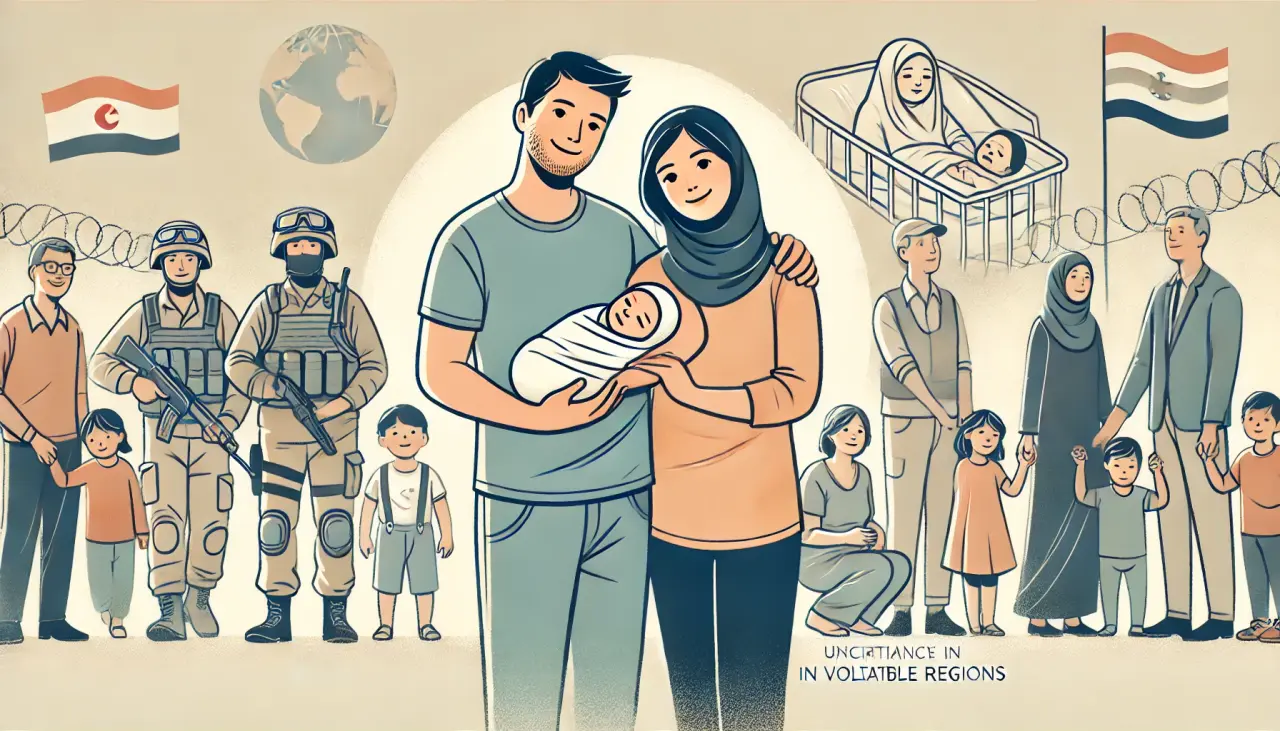
Surrogacy in Eastern Europe: Weighing the Risks Amidst Conflict
Eastern Europe, particularly nations like Ukraine and Georgia, has become a favored destination for surrogacy due to its accessible services and legal structures supporting intended parents. However, as tensions and conflicts increase in the region, the decision to pursue surrogacy in Eastern Europe requires careful reflection on the risks associated with war. Understanding the war risks of surrogacy in Eastern Europe is crucial for the well-being of both the intended parents and the child to be born.
The Unique Risks of Surrogacy in a Conflict Zone
While surrogacy is a profound journey, it also requires a significant investment of time, making it vulnerable to unpredictable events like war. When conflicts arise, they can affect every aspect of surrogacy—logistics, legalities, and, most importantly, safety. There are two primary reasons to carefully consider these risks:
- Time Commitment: Surrogacy is not a short-term endeavor. With a timeline of 18 months to three years, the risk of regional instability during this period is a serious consideration for families.
- Ethical Responsibility: This is not a process about objects or finances; it is about life. Bringing a child into the world in a region prone to war adds layers of moral complexity and potential risk.

Key Questions to Ask Before Choosing Surrogacy in Eastern Europe
When weighing the benefits and risks of pursuing surrogacy in Eastern Europe, ask yourself these critical questions:
- Can You Ensure Safety in an Unstable Region?
In regions prone to conflict, the security of both the surrogate and the future child is uncertain. Can you be confident that the journey will proceed safely from beginning to end? - Is It Ethical to Pursue Surrogacy in a High-Risk Area?
Considering the child’s future environment is essential. The potential for instability and even violence should weigh heavily in any decision to pursue surrogacy in Eastern Europe. - What Will You Do if Conflict Erupts?
If the region faces escalated violence, would you be prepared to travel to a conflict zone to bring your child home? If not, this risk could profoundly impact both your family and the surrogate’s safety.
Alternative Options and Risk Management
For those concerned about the volatility in Eastern Europe, alternatives exist. Surrogacy-friendly countries like the United States offer greater legal protections and a stable environment, albeit at a higher cost. Many agencies provide risk-management resources to help intended parents navigate surrogacy in uncertain regions, ensuring safeguards and legal contingencies to manage potential crises.
Choosing a surrogacy destination is a deeply personal decision, and while Eastern Europe offers accessible options, balancing affordability with the safety of all involved is essential.